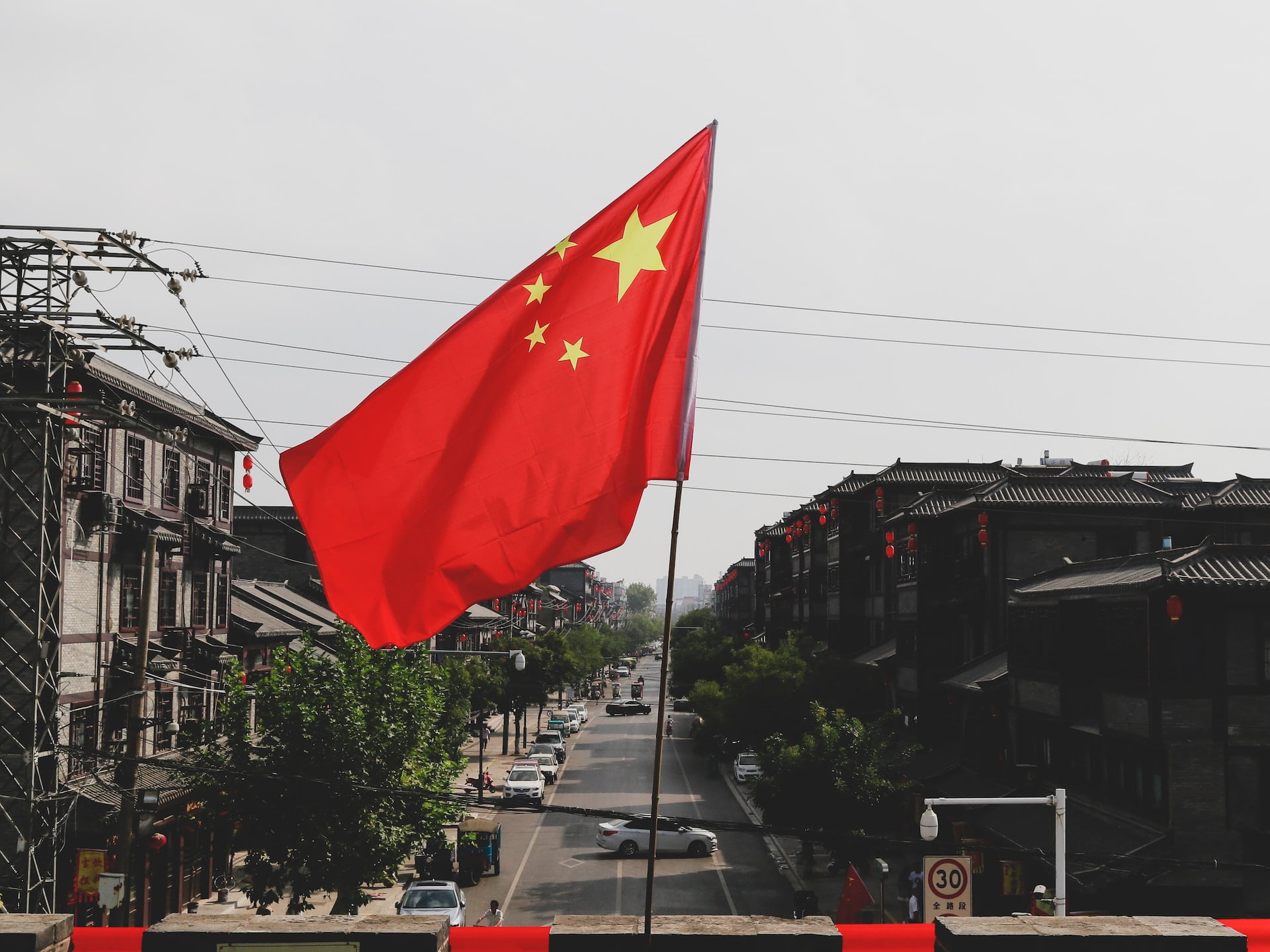Alibaba appoints Joe Tsai as new Chair. The China-based technology giant, made a significant announcement on June 20 regarding the future leadership of the company. In a statement on the Alibaba group website, it was announced that Daniel Zhang, the current chair and CEO, will be stepping down from his position on September 10.
However, he will continue to serve as the chair and CEO of Alibaba Cloud Intelligence Group. Taking his place as the company’s chair will be Joe Tsai, the soon-to-be former executive vice chair of Alibaba.
Crypto Investments and Support for Crypto Projects
One notable aspect of Joe Tsai’s background is his involvement in the crypto space. Through his wealth manager, Blue Pool Capital, Tsai has backed several crypto projects. In December 2021, he even tweeted his affinity for crypto, stating that he “likes crypto.” Tsai’s investments include notable firms such as FTX, Polygon’s $450-million funding round in February, and Web3 firm Artifact Labs.

In addition to Joe Tsai’s appointment as the new chair, Eddie Yongming Wu will take over as Alibaba’s CEO. Wu currently serves as the chair of Taobao and Tmall Group. He will also replace Daniel Zhang on the company’s board of directors. This leadership transition marks a significant shift in Alibaba’s management structure.
Alibaba’s Standing in the Market
Alibaba is a global powerhouse, being one of the largest companies in the world. At the time of publication, its market capitalization exceeded $225 billion, trailing only Tencent, Kweichow Moutai, and ICBC among China-based firms. With its vast influence and resources, Alibaba continues to shape the tech industry and drive innovation.
Joe Tsai expressed his enthusiasm for working alongside Eddie Yongming Wu in advancing the company’s growth through technology and innovation. This focus on leveraging emerging technologies will likely shape Alibaba’s future strategies and initiatives.
China’s Stance on Crypto and Blockchain
China’s relationship with crypto and blockchain has been a complex one. In 2021, the country garnered attention for cracking down on mining firms, leading many companies to relocate to other jurisdictions. However, China has also been involved in trials of its digital currency, the digital yuan, through the People’s Bank of China.
Further, the regulatory landscape for nonfungible tokens (NFTs) remains unclear in China, with the country operating in a gray area. Alibaba, for instance, launched an NFT marketplace for copyright trading in 2021, but its NFT solution under the cloud business unit was mysteriously removed shortly after its launch.
Read More:
Illegal Crypto Mining Farm uncovered in Ukraine by Ukrainian State-Run Firm
Wyre, a Billion Dollar Crypto Payments Firm, Ceases Operations Amid Market Challenges

